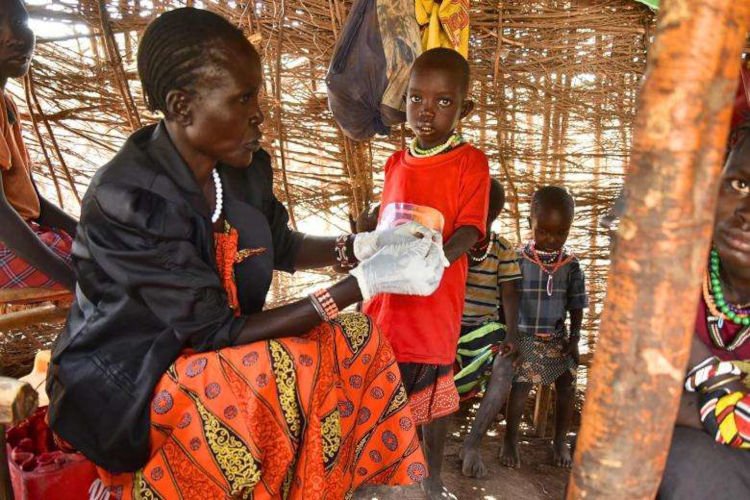It is deeply troubling that those least responsible for the climate crisis often bear its harshest impacts, as seen in Kenya, where recent heavy rainfall has triggered disease outbreaks in vulnerable communities.
Development Diaries reports that extreme climate conditions have led to the outbreak of malaria in Baringo and Turkana counties and measles in Marsabit county, according to Médecins Sans Frontières (MSF).
We understand that parts of Baringo County have experienced a prolonged drought, followed by heavy rains. The standing water left by the rains has created a breeding ground for Anopheles mosquitoes, which spread malaria.
Malaria cases have spiked since August, increasing hospital admissions of people with complicated malaria, which can be life-threatening.
In September 2024, eight out of ten people in Turkana West tested positive for the disease, with most patients being between the ages of five and 15.
Health services in the areas have struggled to cope with the outbreak due to shortages of health staff, a lack of diagnostic tests and treatment for malaria, and the geographical challenges presented by the area’s mountainous terrain and few accessible roads.
‘Access to health care in this area is quite difficult, with some people having no health facilities within 40 kilometres. This means that people delay seeking care until their condition becomes critical’, MSF Country Director, Dr Edi Atte, said in a statement.
‘The majority of people with severe malaria came from Silale ward, an area which has had no malaria prevention activities since 2019’.
It is startling that no malaria prevention efforts had been implemented in the area for five years, worsening the health crisis.
In Marsabit County, a measles outbreak has been evident since August, with children between nine months and 15 years being mostly those at risk of the disease.
Development Diaries calls on the Kenyan Ministry of Health to step up its efforts in providing immediate interventions to these outbreaks and ensure proper public sensitisation concerning the disease is carried out effectively.
Photo source: MSF






